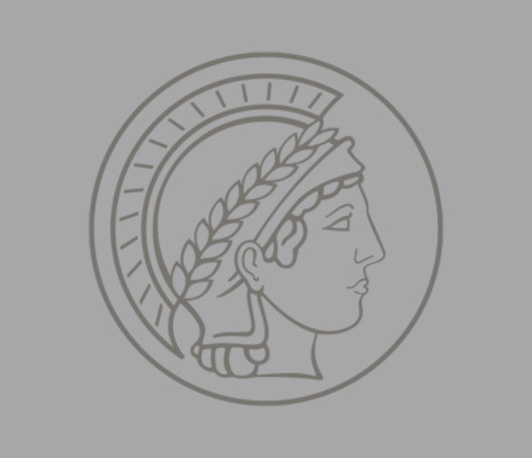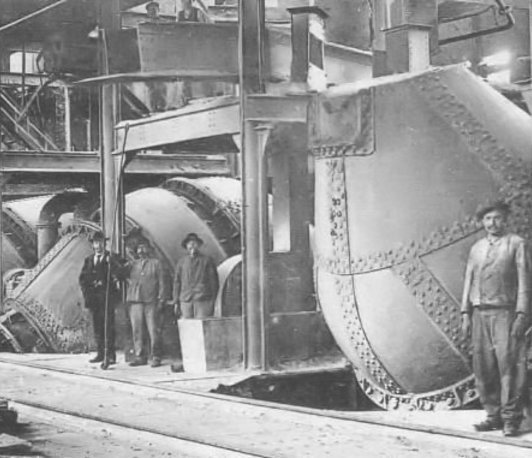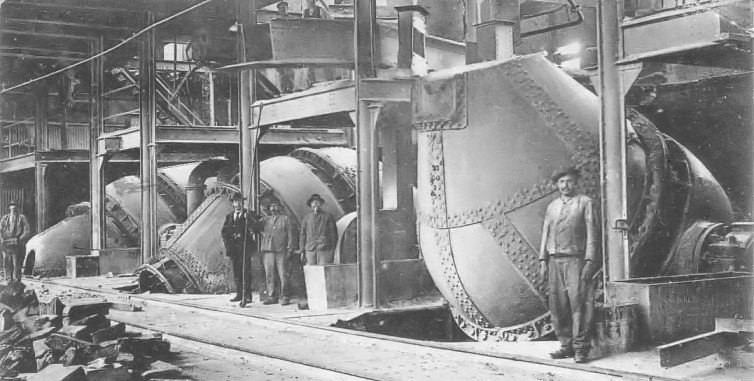
Non-state law of the economy. The normative order of industrial relations in the metal industry from the Empire to the early years of the Federal Republic of Germany
Joint Project
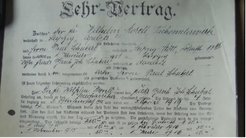
The project reconstructs the normative world of industrial relations in the metal industry, one of the most important German economic sectors of the 19th and 20th centuries. On the basis of a systematic inventory of sources, the development of norms, standards and regulations in this economic sector, which formed a semi-autonomous field, will be investigated. The project proceeds from the hypothesis that sector-specific normative arrangements emerged which were shaped by the stakeholders’ economic and socio-political ideas. These arrangements either supplemented state law or further elaborated its provisions, and in some cases even anticipated it.
The interdisciplinary project, which began in November 2019, explores the subject both from a legal-historical and a social-historical perspective.
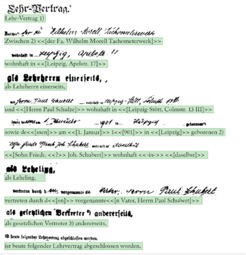
The project is funded by the Hans Böckler Foundation, the Association of the Metal and Electrical Industry NRW e.V. and the German Economic Institute, Cologne. Moreover, we are cooperating with the Hugo-Sinzheimer-Institute primarily within the context of the 'Initiative History of Labor Law'.
The project is supported by an advisory board consisting of the following members: Prof Dr Astrid Wallrabenstein (Goethe University Frankfurt/Federal Constitutional Court) (Chair of the Advisory Board); Prof Dr Boris Gehlen (University of Stuttgart); Prof Dr Thorsten Keiser (University of Gießen); Prof Dr Michael Kittner (Hugo Sinzheimer Institute, Frankfurt); Prof Dr Nina Kleinöder (University of Bamberg); Dr Hagen Lesch (Institute of the German Economy, Cologne); Dr Luitwin Mallmann (Association of the Metal and Electrical Industry NRW e.V., Düsseldorf).
Projects
The joint project includes a source edition, two dissertation projects and a post-doctoral project.
Events
Image: Differdingen steelworks, the Thomas converters.






